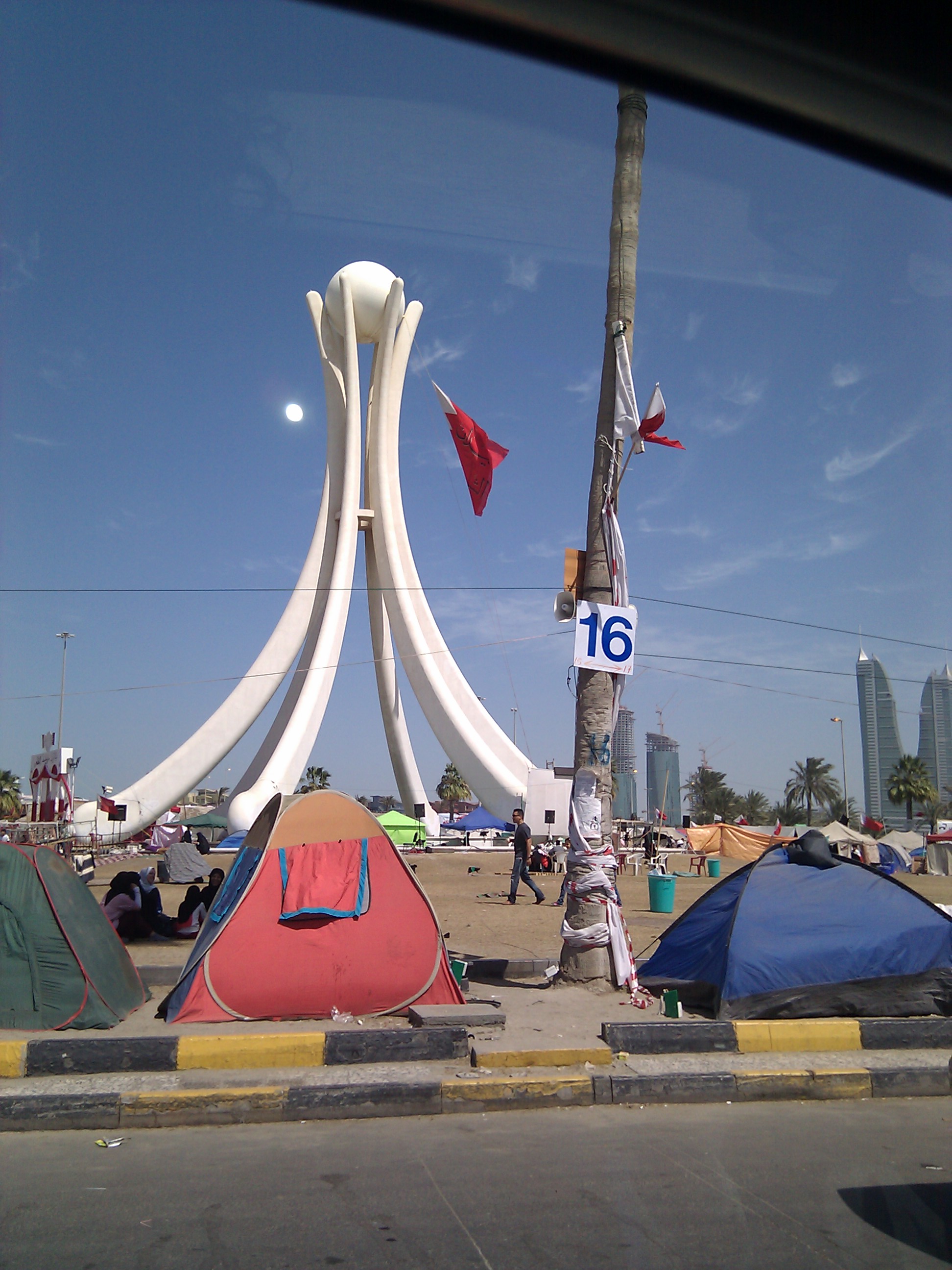When should free speech be censored to ensure stability in
government?
Shouldn’t a people fighting for their own rights be free
from the opinions of others?
For one to answer yes to this last question would mean that
they are against freedom of speech. This is what a self-proclaimed mayor in
Pro-Russia Ukraine did. He saw how much Vice News reporter Simon Ostrovsky
showed the ugliness of the Pro-Russian takeover of Ukrainian government
buildings.
Vice News is an excellent agency that gets to the forefront
of the action where reporters risk their lives and obviously risk the chance of
being captured and beaten.
It appears to be a pattern that when a reporter delves
deeper into the Ukraine Crisis and reveals how involved the Russians are or
they show Pro-Russian troops using force, the Pro-Russians respond by silencing
that person.
This only happens when a government or ruling body cannot
provide justification for what they do. They know that their taking of land by
force is illegitimate and they have no excuse for what they are doing. All they
can do is put a bag on the head of the public and hope that no one sees what is
behind the scene.
This is as a regression of modern day life. We live in a
world where communication is paramount. People don’t want to loose their
reputation because the social media will be sure to know. People must take full
responsibility for their actions. Pro-Russian forces have done just that, well
as long as those actions show them “improving” their town.
It is not the path of liberty to prevent free speech, and
the path of liberty is the path of the future. The Arab spring, Syrian Civil
War, and Ukraine Revolution is all about fighting for liberty. It is sad to see
this liberty being squashed by Pro-Russian fighters that are being guided by a
country that uses force rather than international negotiations.
.jpg)

